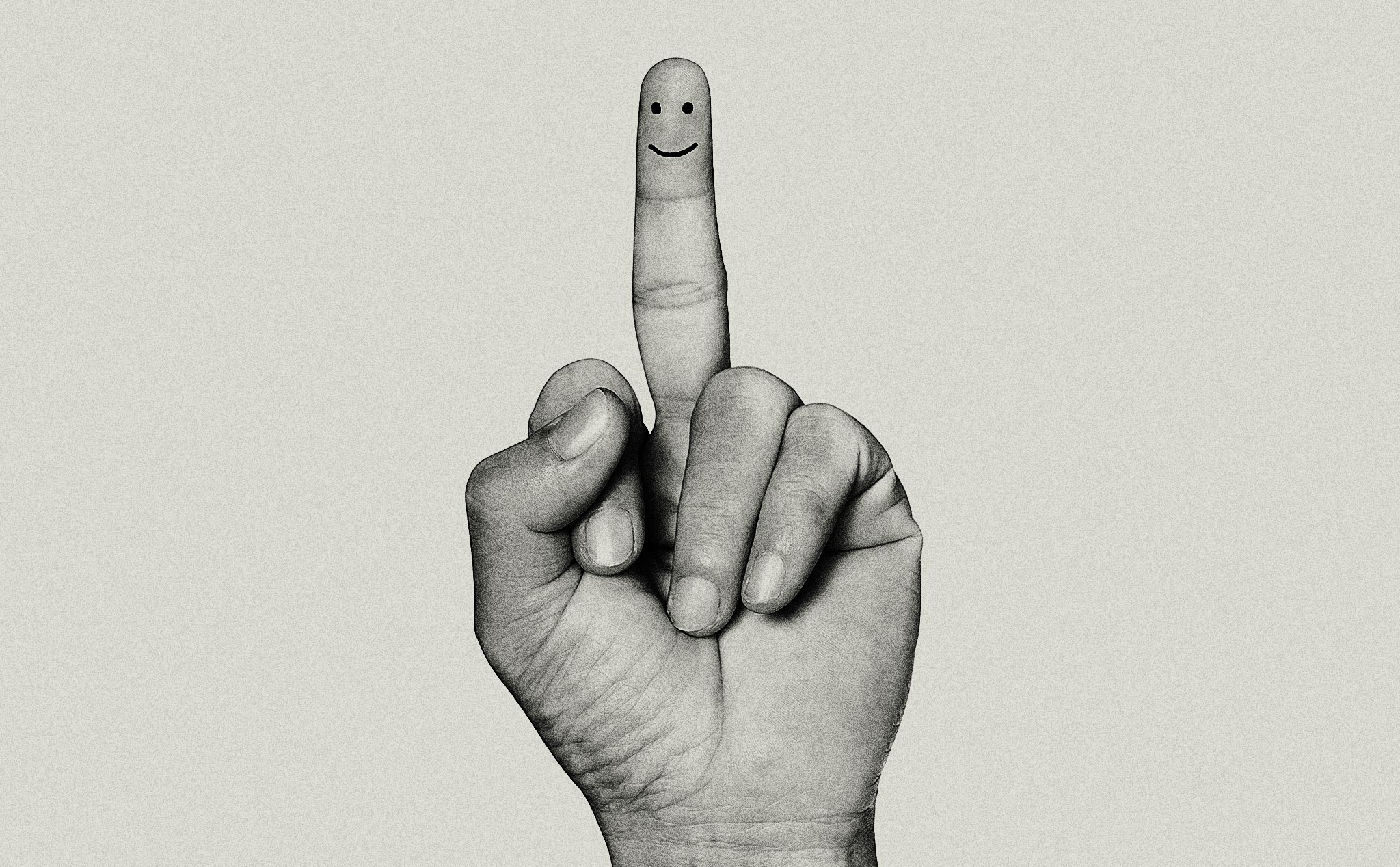Advertising has always gone in step with current affairs, society itself, and the evolution of humanity. Sometimes it breaks new ground, other times it reflects our concerns or our yearnings. Looking back, advertising functions as a sort of thermometer, like a weather vane that tells us which way the wind is blowing.
The winds of today put you on guard, and blow uneasily and with uncertainty. These are warm winds—not metaphorically-speaking, but literally—due to the effect of climate change. These are the winds that urgently call for collective social responsibility, one that cannot be delayed.
But not only is it climate change that will place new demands on brands. There is also instability to be found in truthful information, global conflicts, the energy crisis, hyperinflation, worldwide health scares, growing inequality, unresolved challenges to diversity and inclusiveness, dilemmas regarding the ethical use of technology, the debate about individual rights and freedoms, and the sustainability of the welfare state… Many of these forces are interrelated, naturally. And they are all inescapable.
In today’s world, brands cannot turn their backs on these threats. As drivers of a global economy (which perhaps should be a little less globalised), we must require brands to make a firm and real commitment to some of these issues. Society—in the form of users—is already demanding a social commitment from brands through their behaviour, but this trend will only gain greater and greater strength. Even investors are now demanding a move in this direction. Some of the major global investment funds have now announced that they will consider their investment decisions in this light. This is an enormous milestone, because it means that large companies will not only react to the demand from the market, but also from their financing resources.
In addition, having a more sustainable operation in terms of the environment, brands will also have to authentically and responsibly embrace these causes. The 17 United Nations Sustainable Development Goals (SDGs) are a huge step in this direction, because they allow companies (and the world’s economies) to design and prioritise lines of action to generate and measure a positive impact on the major issues affecting humanity. But there must be real adherence to these SDGs, backed up by how they act, not just corporate speak. Otherwise, in the long run, the market will punish the impostors.
In the coming years, advertising, as a loudspeaker of the brands, will reflect this new landscape. Ideally, such advertising should be content-based, and we really should move from storytelling to storydoing, where brands communicate their actions and not mere intentions. And that this commitment to social responsibility and sustainability is real. We shall see.



